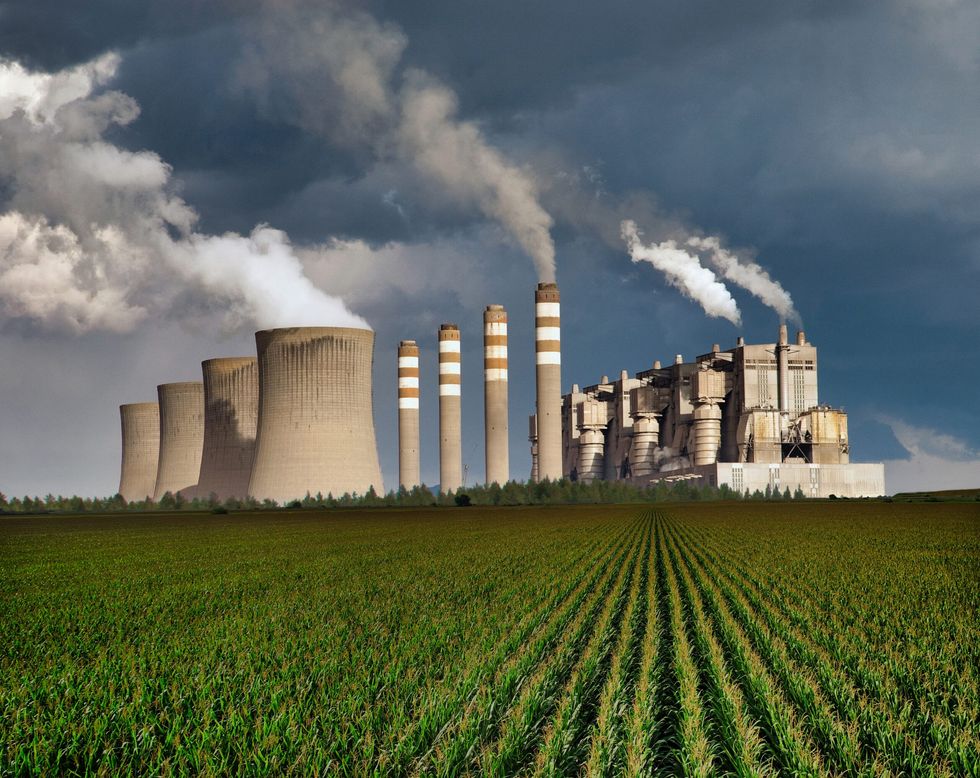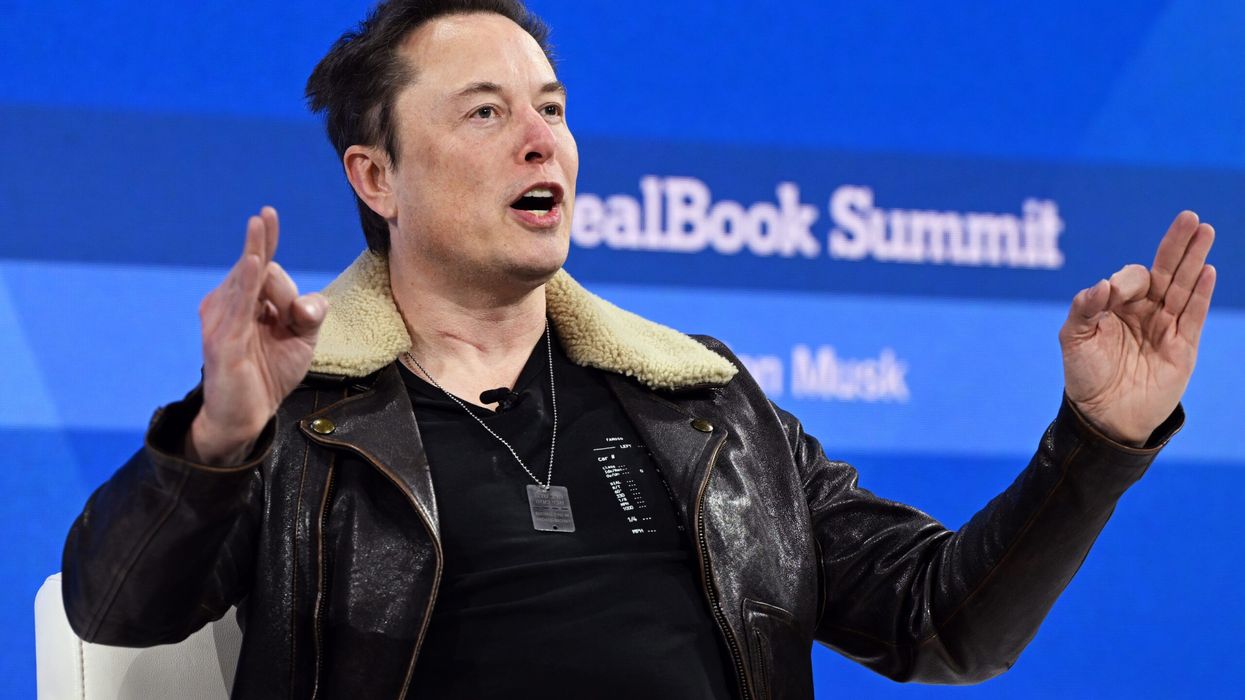In a stark revelation, entrepreneur Elon Musk has sounded the alarm on a potential global power crisis as artificial intelligence (AI) and electric vehicles (EVs) continue their rapid expansion.
Speaking at the Bosch Connected World conference, Musk highlighted the accelerating demand for electricity, stressing the need for an urgent focus on clean energy generation and the production of electrical transformers.
Musk pointed out the exponential increase in AI computing, estimating a tenfold rise every six months. While acknowledging that such a pace is unsustainable in the long run.
"I've never seen any technology advance faster than this. The chip shortage may be behind us, but AI and EVs are expanding at such a rapacious rate that the world will face supply crunches in electricity and transformers next year," says Elon Musk.
He emphasised the unprecedented nature of the technological revolution underway. Referring to the shortage of neural net chips as an initial constraint, Musk predicted a forthcoming scarcity of voltage step-down transformers, crucial components in powering AI systems.
His observation that "you need transformers to run transformers" underscores the intricate interdependence of technology and its infrastructure.
Musk suggested that the next bottleneck would be the availability of electricity, projecting a shortage as soon as next year due to the simultaneous growth of electric cars and AI, both substantial consumers of power.
The surge in AI and EVs has created an unprecedented demand for electrical equipment and power generation, posing a significant challenge to the global power grid. Musk's warnings align with growing concerns about the capacity of the existing grid to meet the escalating energy demands from emerging technologies.
The US faces a severe power grid challenge as the demand for electricity skyrockets due to the surge in data centers, particularly driven by the rapid growth of artificial intelligence (AI) and cryptocurrency mining.
Northern Virginia and Texas are highlighted as regions grappling with electricity shortages, with the former requiring the equivalent of several large nuclear power plants.

An official of the Georgia Public Service Commission, reportedly mentioned that a major factor behind the skyrocketing demand is the rapid innovation in artificial intelligence, which is driving the construction of large warehouses of computing infrastructure that require exponentially more power than traditional data centres.
AI is also part of a huge scale-up of cloud computing. Tech firms like Amazon, Apple, Google, Meta and Microsoft are scouring the nation for sites for new data centres, and many lesser-known firms are also on the hunt.
As the world grapples with the relentless expansion of AI and EVs, the need for a robust and sustainable energy infrastructure becomes increasingly evident. But even the sustainable energy is in jeopardy as the consumption by these electric warehouses is exorbitant.
Musk's call for urgent action on clean energy and transformer production highlights the critical role these elements play in supporting the technological advancements that define our era.
The looming power crunch raises questions about the ability of nations to transition to cleaner energy sources and meet ambitious climate goals. With the stakes higher than ever, industry leaders and policymakers face the challenge of recalibrating energy strategies to accommodate the insatiable hunger for power from the digital and electric frontiers.




